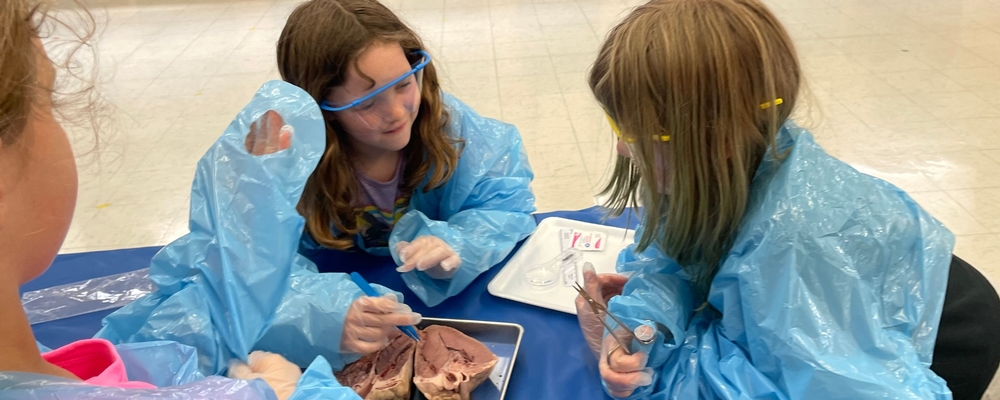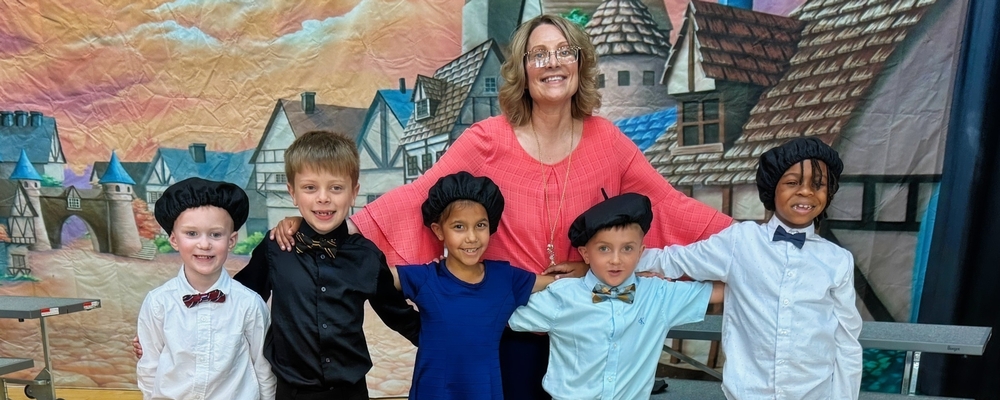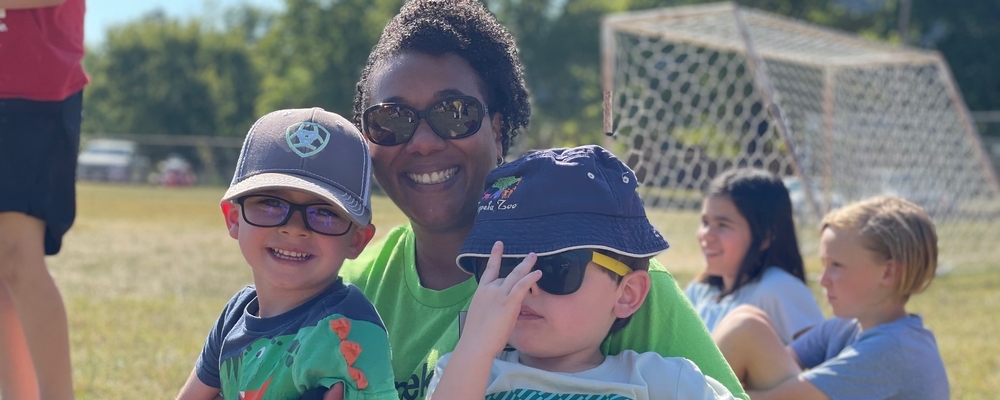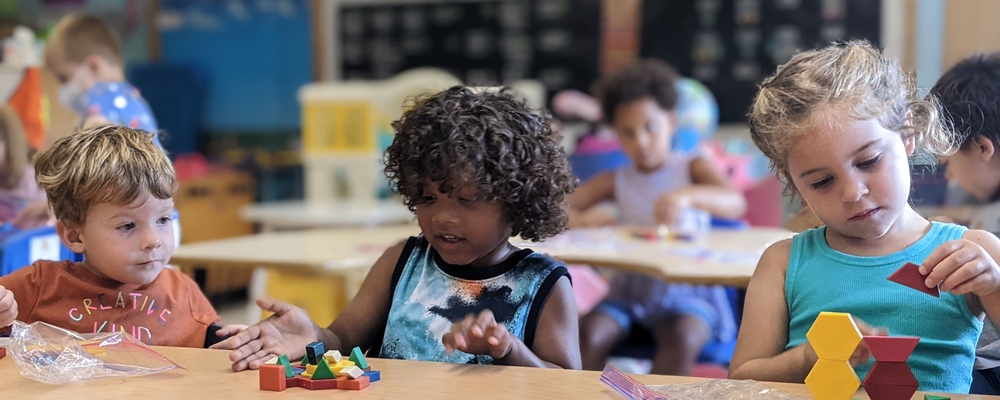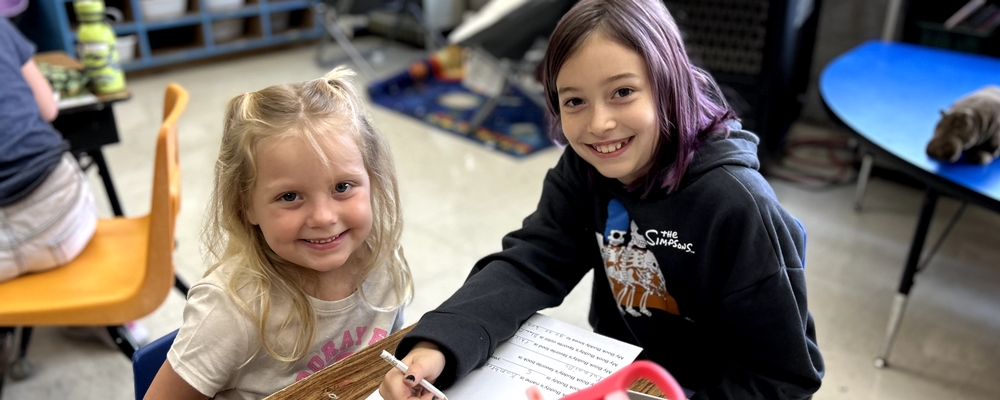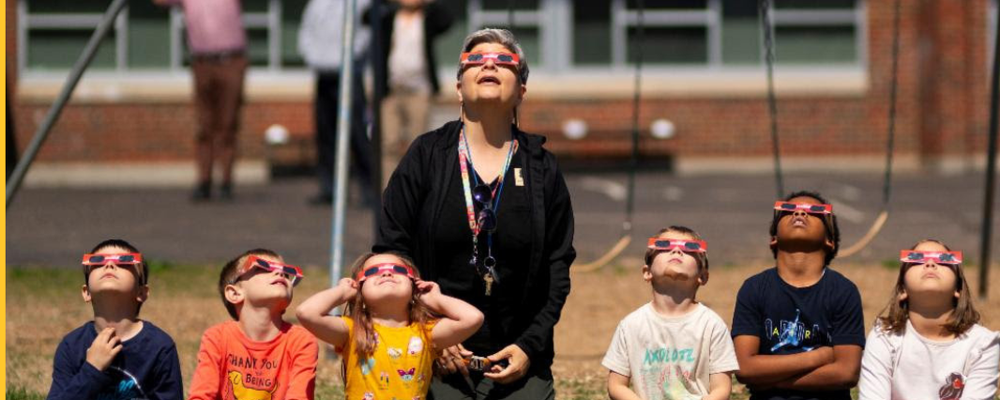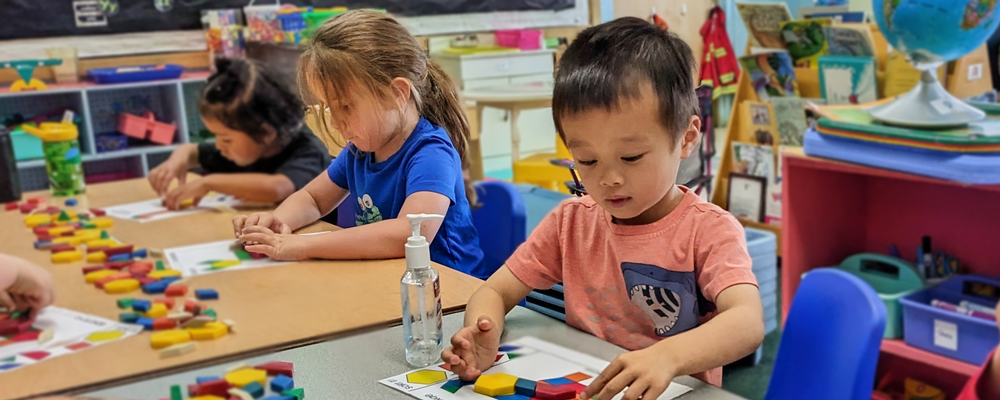Where Learning Begins
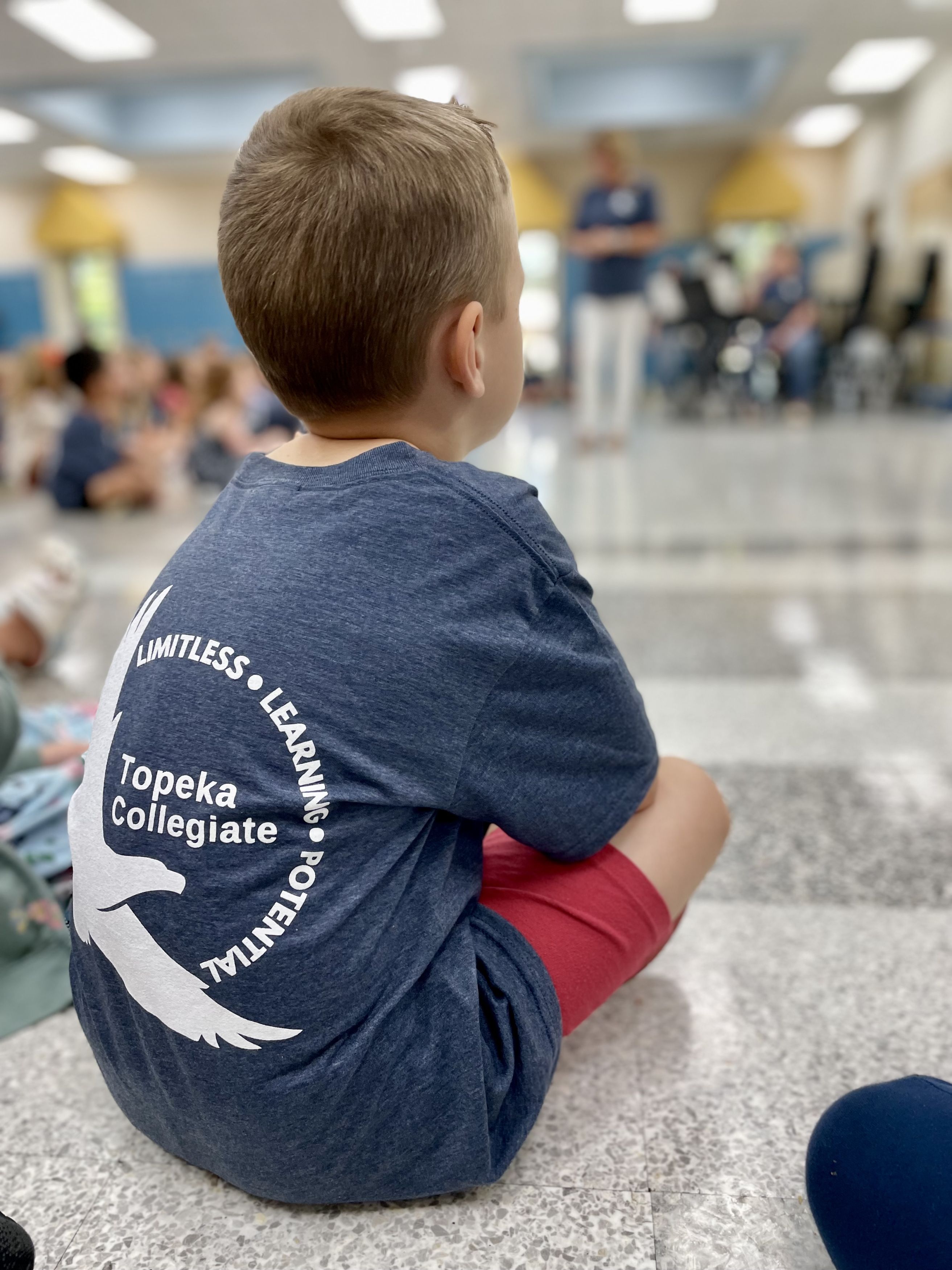
"The small class sizes, strong curriculum, individualized care, and true focus on academics make this school the perfect choice for our children.
- Parent feedback
Our Unique Approach
Supporting 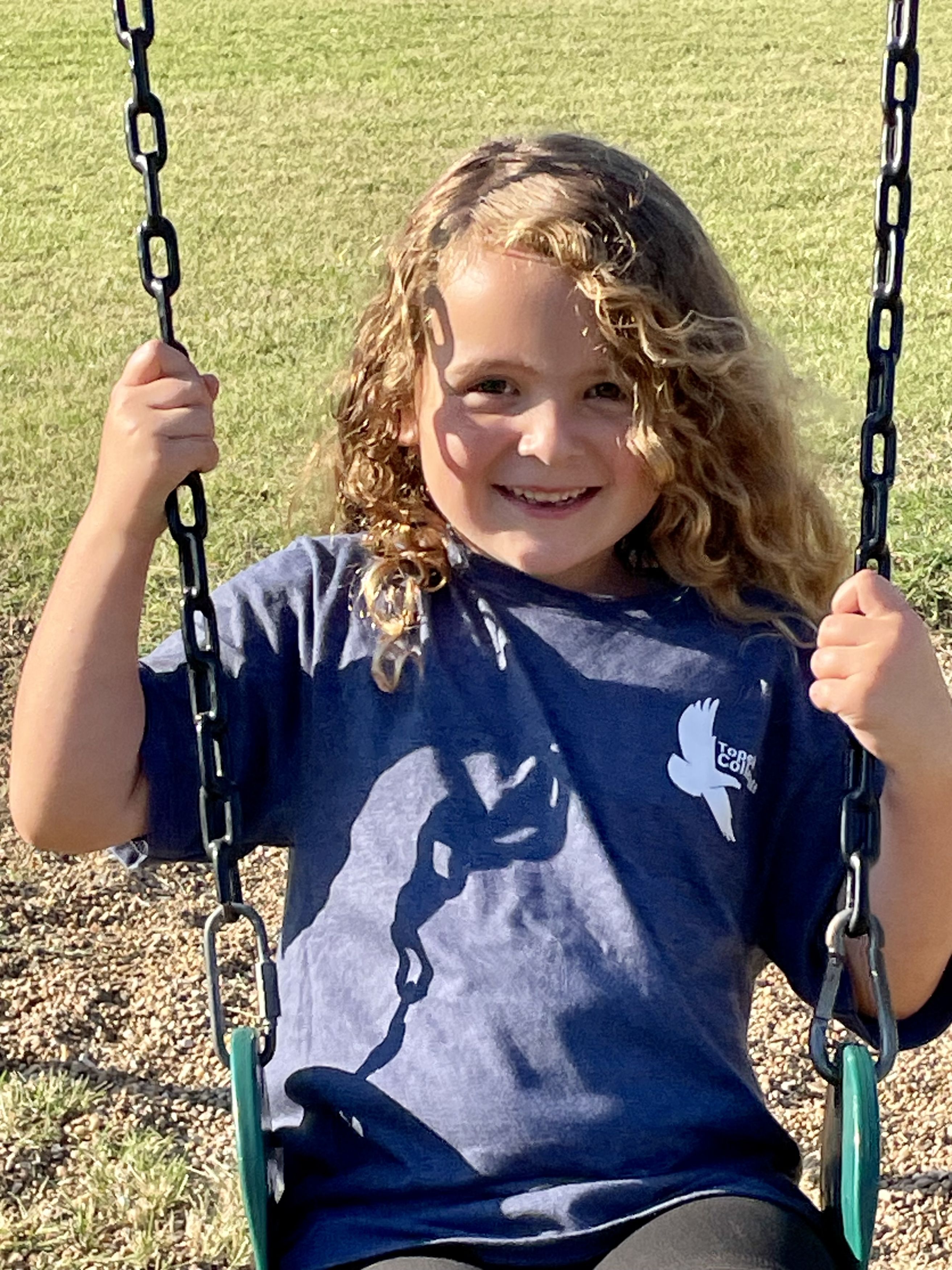 students to love learning is our primary goal. Our early childhood faculty tailor activities for each child- with attention to their skill level, learning style, and individual interest. – Dr. Rantz, Head of School
students to love learning is our primary goal. Our early childhood faculty tailor activities for each child- with attention to their skill level, learning style, and individual interest. – Dr. Rantz, Head of School
The Topeka Collegiate Early Childhood Program is for children from prekindergarten (age four) through First Grade.
Prekindergarten:
Topeka Collegiate Prekindergarten packs the year with hands-on learning and theme-based adventures to ensure a positive first school experience. Whether we’re practicing pre-reading skills with animal actions (“Zoo-Phonics”) or learning math concepts, our strategies are challenging and fresh. We teach academic skills and positive social behavior through song, movement, and stories. As further enrichment, students attend Spanish, art, library, science, music, technology, and physical education classes each week.
Our commitment to experiential learning often takes us outside the classroom. You’ll find our youngest scholars exploring fire trucks during Community Helpers Week or riding their bikes on the playground during Wheels Day. We end the year with a trip to the Topeka Zoo where we deliver the donations we collect during our community service project. Other special traditions include Dr. Seuss Week, Math Olympics, Field Day, Day of the Child, and, perhaps most importantly, our class assembly. Each year, students work extremely hard to prepare an assembly for parents and the school community. These special productions allow students to perform and serve as positive audience members for their peers.
Kindergarten:
We appreciate each child and their unique learning styles and personalities. That’s why our program provides every student with opportunities to progress and be challenged at his or her level. Building on students’ natural curiosity and a hands-on approach to learning, we dive into weekly cross-curricular themes like ocean life, community helpers, food and nutrition, countries/continents, and safety. Students learn the process of math concepts by investigating, discovering, exploring, and applying - using whole groups, small groups, and individualized instruction. Our reading program uses phonics, sight words, and whole language - which we incorporate into daily writing projects. We teach social studies using our weekly themes.
We understand that social growth is a critical part of the learning experience. In addition to the many academic experiences, students are also given plenty of free time to use their imagination, build, color, and explore with their peers. They have three recesses each day and a short rest with storytime in the afternoon.
1st Grade:
First-grade students receive daily instruction in mathematics, shared and guided reading, poetry, grammar, dictation, phonics, spelling, daily oral language, and special unit activities in social studies and science. Shared reading is a small group experience with a new story each week. Here, we focus on oral reading, silent reading, and comprehension. Our guided reading component uses texts selected specifically for each child’s reading level. Reading these high-interest titles, readers discuss story elements and sentence structure. They sharpen comprehension skills and make connections between the stories and their own lives.
First-grade students are exposed to traditional and modern poetry to help develop important skills in memorization, recitation, language, and personal responsibility. In grammar, students learn everything from basic capitalization and punctuation to sentence structure. Phonics and spelling combine phonics rules with spelling skills. Dictation fosters listening skills and phonics rules to write the sounds the students hear. Daily oral language teaches proofreading and self-correcting skills. Mathematics uses hands-on manipulatives to help develop essential skills in addition, subtraction, word problems, and measurement. Students also learn seasonal, relevant topics, such as My Family, Friendship, Autumn, Bats, and the Anatomy of the Heart.
Mrs. Berryman
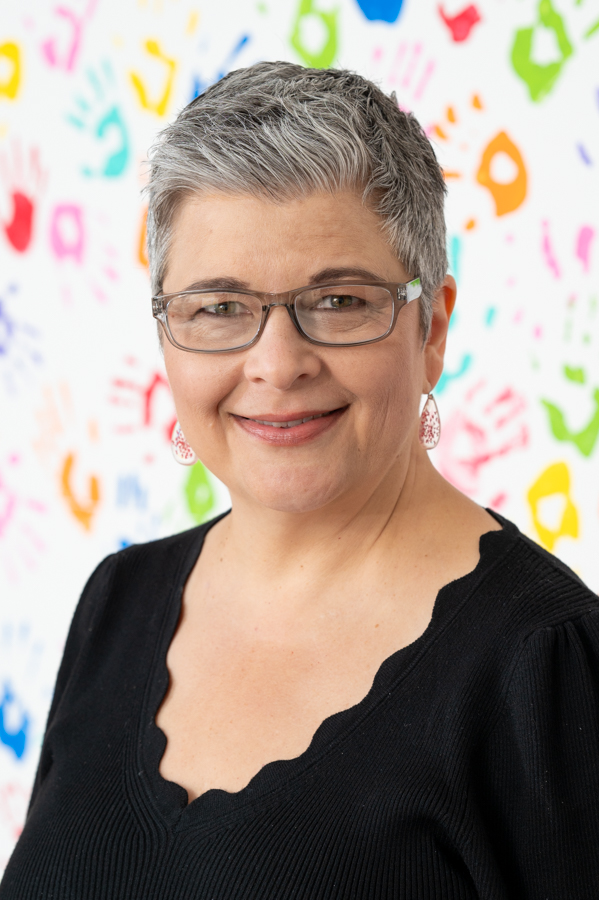
I have stayed at Topeka Collegiate for over 25 years because I can teach what is best for each student. I value and appreciate the ability to teach to the whole child, not only academics but also focus on the child's social and emotional learning. I also love to teach children to love learning. The parental support and involvement is fabulous."
Mrs. Berryman, Kindergarten teacher
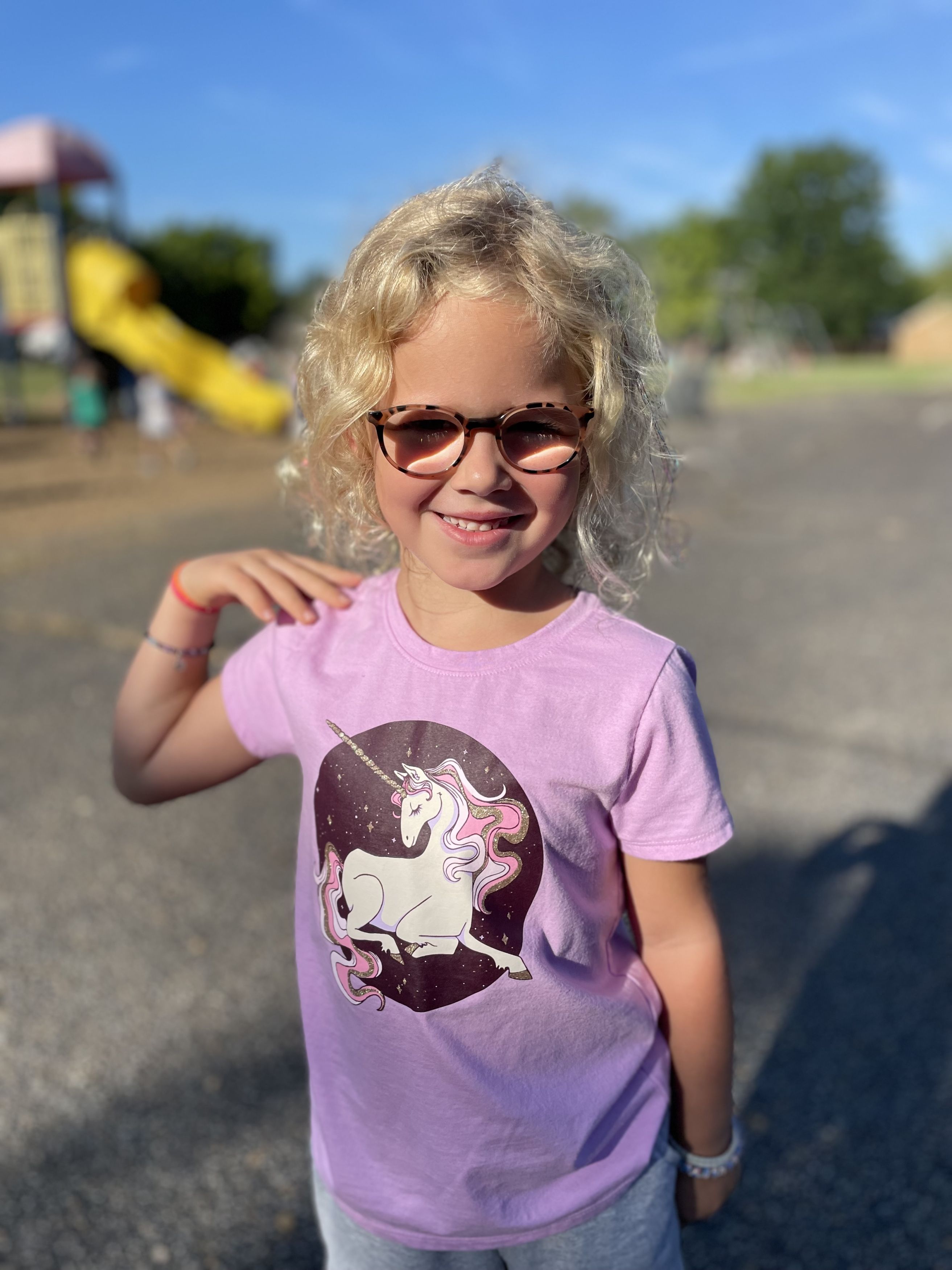
Mrs. Dudinyak (Mrs. D)
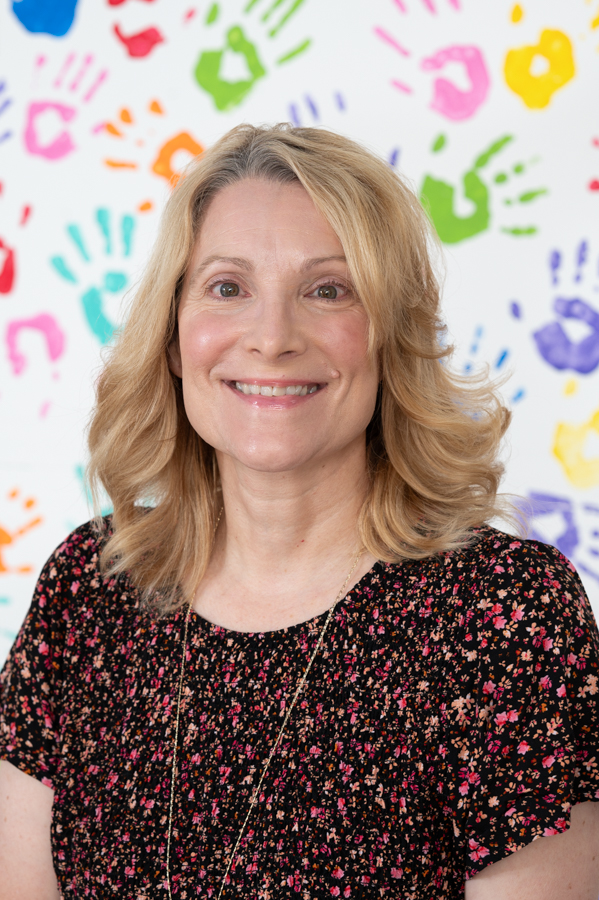
I chose Topeka Collegiate because of the small class sizes which allow me to differentiate my instruction. Additionally, I love working with the parent community. They value the partnership. Finally, one the best things about this school is the people I am able to work with. Everyone is genuine and caring." -Mrs. Dudinyak, 1st grade teacher.
.png)

